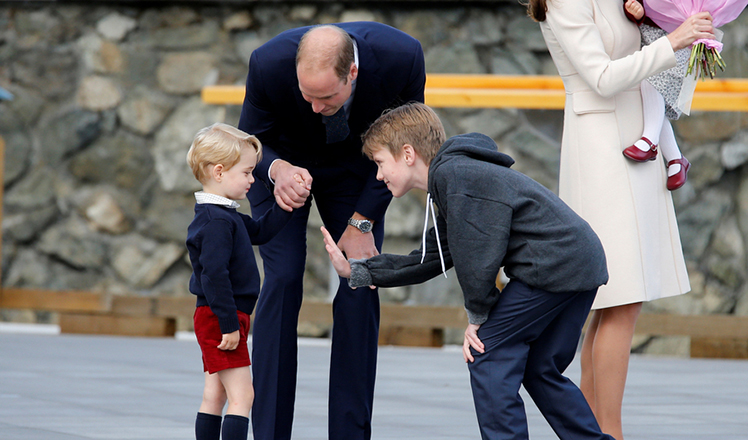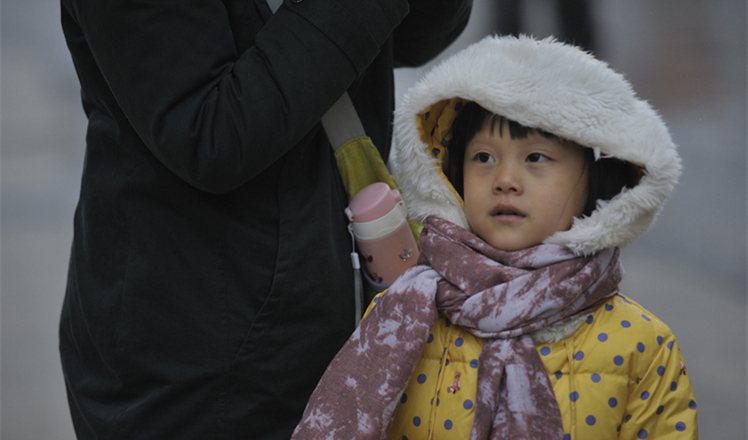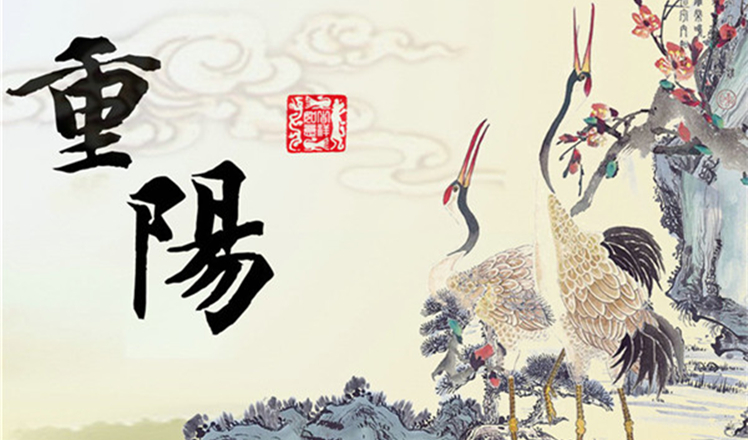Couples find hope in frozen embryos
Updated: 2016-10-11 07:15
By WANG XIAODONG in Beijing and QI XIN in Zhengzhou (China Daily)
|
||||||||
Liu Yang, from Xuchang, Henan province, had her first child when she was 26.
"I wanted to have a second baby very much, but I did not because of the family planning policy then," Liu said.
Now that all Chinese couples are allowed to have a second child, under a revised national policy adopted at the end of last year, Liu's long-held wish has been revived.
This time, however, Liu, now 42, has to turn to in vitro fertilization to have another baby.
She started an IVF procedure at Henan Provincial People's Hospital in Zhengzhou, capital of Henan, late last year. But she did not become pregnant after the implant of an embryo developed from her egg and her husband's sperm, she said.
She kept the other embryos developed during the procedure frozen in the hospital for future use.
"Right now, everything is OK," she said. "I will be following the doctor's advice, and now I am preparing to have one of the embryos revived to have another implant."
Like Liu, an increasing number of Chinese couples are returning to hospitals across the country to use their frozen embryos to have another baby, now that the second-child policy allows them to do so.
"With the adoption of the universal second-child policy, the number of patients to the center has been increasing," said Wang Lu, a doctor at the reproductive medicine department of Henan Provincial People's Hospital. "Sometimes we receive about 500 patients a day, and about a third of them are seeking the embryos they have kept here for implant surgery."
Zhang Cuilian, director of the department, said doctors usually acquire more than one egg from a patient during an IVF procedure, so usually several embryos can be developed for implantation into a patient's womb.
After one or two embryos are transplanted, the others will be frozen in special facilities so they can be revived for use in the future if the first implant surgery fails, she said.
"The (pregnancy) success rate of implant surgeries of frozen embryos is about 60 percent, similar to that of fresh embryos," Zhang said. "Based on the current technologies, embryos can be preserved for many years, and there is no expiration date."
In June in Jiangsu province, a 45-year-old woman gave birth to a healthy baby after being implanted with an embryo of hers that was fertilized 18 years ago and had been kept at the Obstetrics and Gynecology Hospital of Fudan University, Shanghai, according to media reports.
Yin Baoli, another doctor at Henan Provincial People's Hospital, said the number of frozen embryos kept at the hospital has increased to about 100,000 since the department was established in 2001. The total number of frozen embryos kept in all five major hospitals certified for assisted reproductive technologies in Zhengzhou is estimated at 400,000, she said.
"Last year, about 2,800 frozen embryos were activated for IVF procedures," Yin said. "The number is expected to increase to between 3,000 and 3,500 this year."
At Beijing Obstetrics and Gynecology Hospital, more than 2,000 frozen embryos had been revived for IVF surgeries in the first eight months of the year, an increase of 50 percent year-on-year, said Chao Wei, the hospital's publicity chief.
"The number of patients seeking advice suddenly increased at the end of last year," said Lan Yonglian, deputy director of the hospital's reproductive medicine department.
"Many couples who had IVF surgeries before have contacted us asking whether their embryos are well kept," she said.
The hospital charges 1,000 yuan ($150) per year to each patient who keeps embryos in the hospital to cover the preservation expenses, she said.
Yang Dongping, publicity chief of Peking University Third Hospital, said the hospital has also witnessed an increasing number of frozen embryos being used since late last year.
"The new policy has definitely spurred much demand, and doctors at our reproductive medicine department are very busy," he added.
The infertility rate in China has been increasing in recent years. The number of infertile couples at the optimum age for conception in China has exceeded 40 million and is still increasing, accounting for more than 12 percent of the group, according to the China Population Association.
Zhou Wenting contributed to this story.
- Russia-US relations change fundamentally
- Trump assails Bill Clinton, vows to jail Hillary Clinton if he wins
- US Navy ship targeted in failed attack from Yemen
- Panel tackles Fox News skit on Chinatown
- Chinese tourists forced to sleep at airport for 5 days
- Saudi-led coalition denies striking funeral in Yemen's capital

 The world in photos: Sept 26 - Oct 9
The world in photos: Sept 26 - Oct 9
 Classic cars glitter at Berlin motor show
Classic cars glitter at Berlin motor show
 Autumn colors in China
Autumn colors in China
 US second presidential debate begins
US second presidential debate begins
 Egrets Seen in East China's Jiangsu
Egrets Seen in East China's Jiangsu
 Highlights of Barcelona Games World Fair
Highlights of Barcelona Games World Fair
 Coats, jackets are out as cold wave sweeps in
Coats, jackets are out as cold wave sweeps in
 6 things you may not know about Double Ninth Festival
6 things you may not know about Double Ninth Festival
Most Viewed
Editor's Picks

|

|

|

|

|

|
Today's Top News
Trump outlines anti-terror plan, proposing extreme vetting for immigrants
Phelps puts spotlight on cupping
US launches airstrikes against IS targets in Libya's Sirte
Ministry slams US-Korean THAAD deployment
Two police officers shot at protest in Dallas
Abe's blame game reveals his policies failing to get results
Ending wildlife trafficking must be policy priority in Asia
Effects of supply-side reform take time to be seen
US Weekly

|

|







